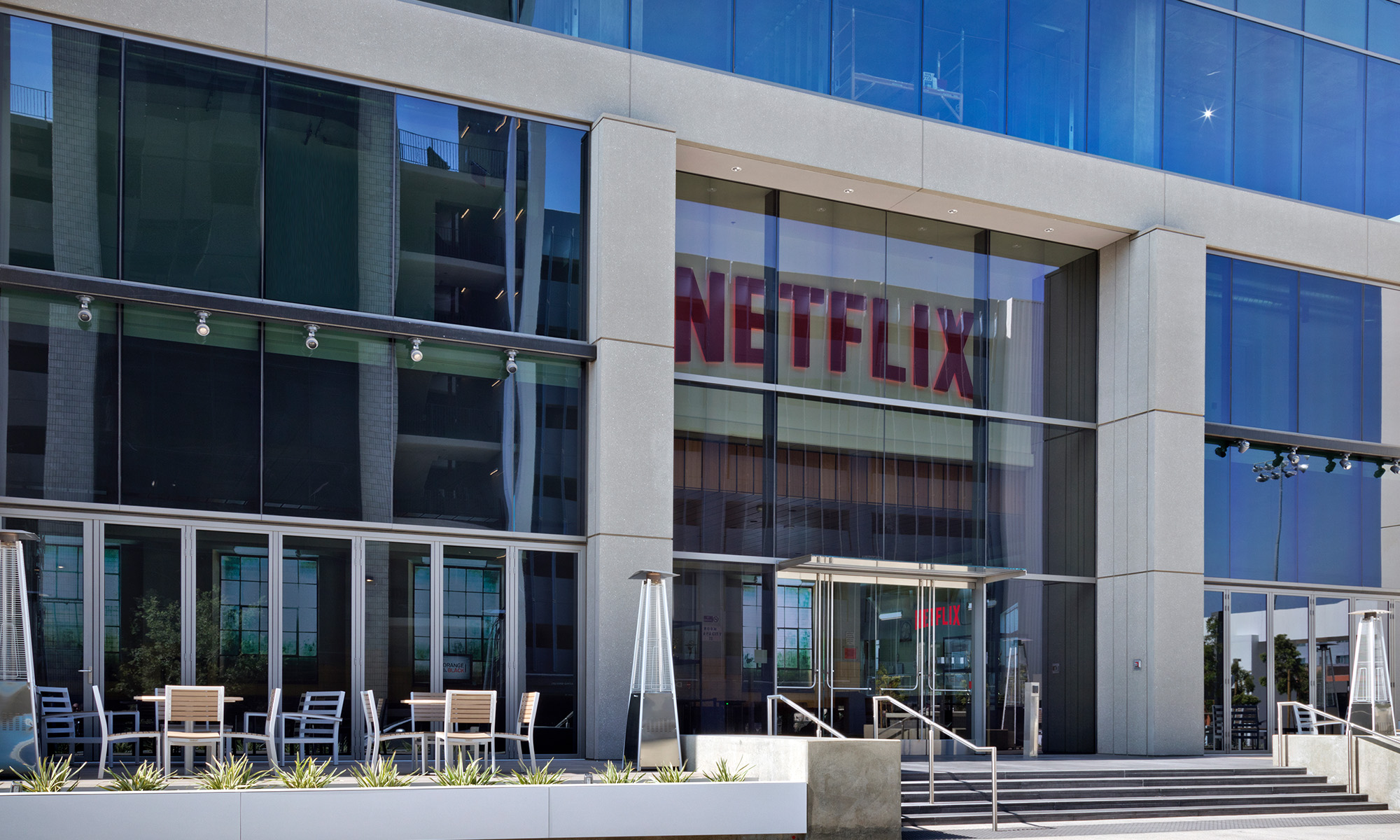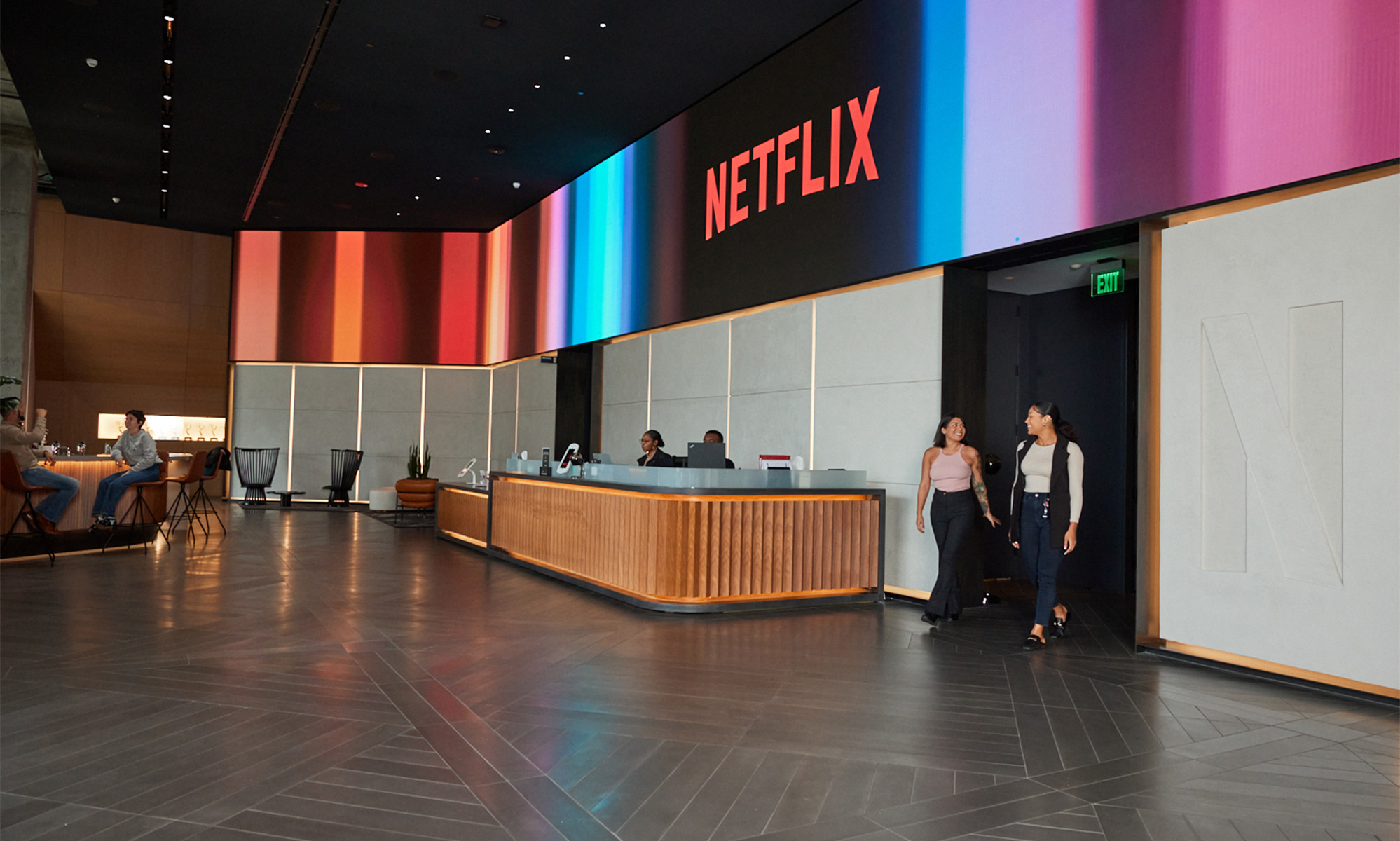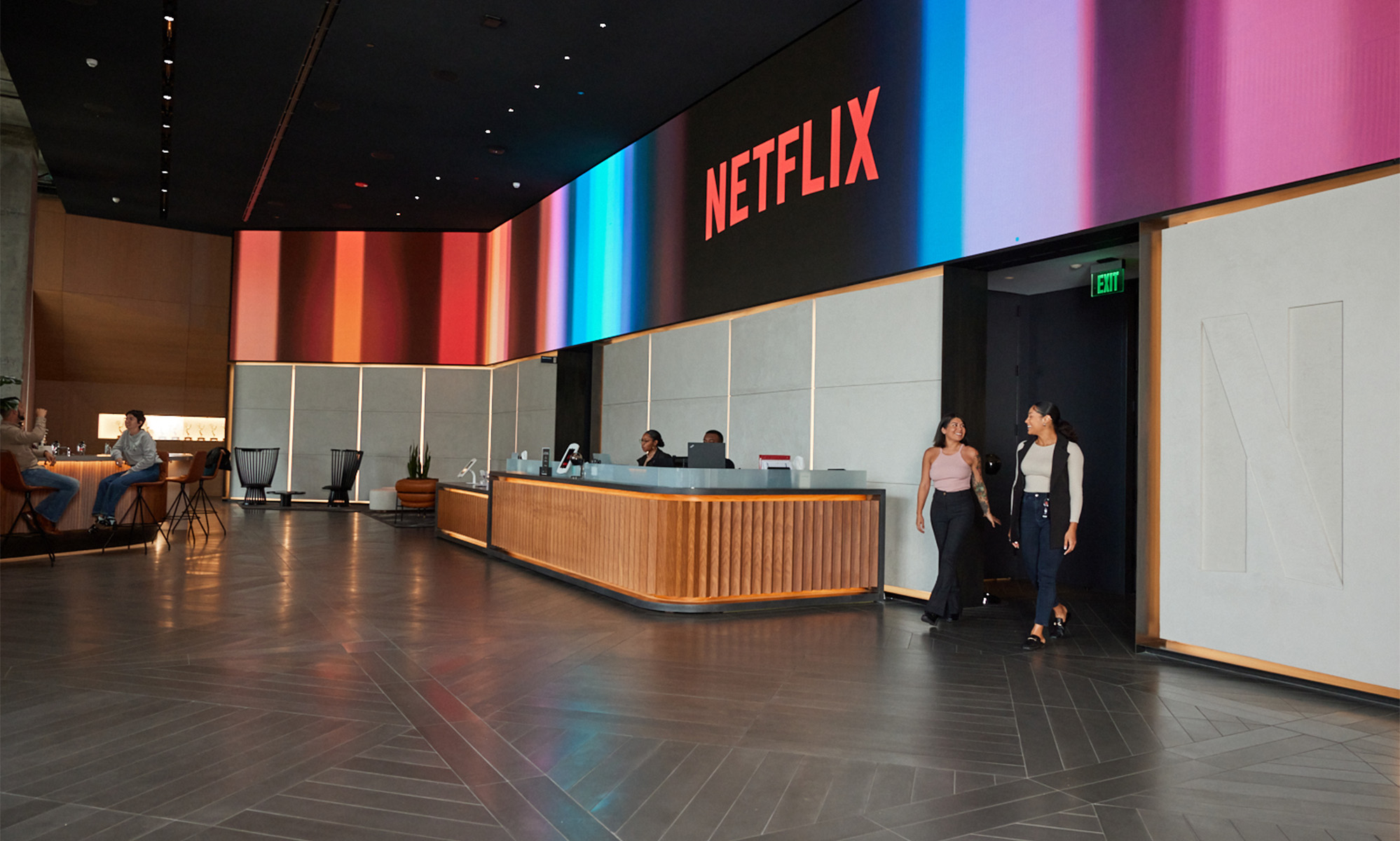When Netflix (NFLX 0.48%) CEO Reed Hastings copped to an ill-advised price hike two years ago -- only to announce Qwikster, an even worse idea, the same day -- thousands of subscribers ran for the hills. Hastings and his team didn't fully understand how much customers valued simplicity. Netflix was boosting prices for all the wrong reasons, as the 2011 exodus made clear.
This time, Netflix was prepared.
We've known for a while that Netflix planned to boost the monthly rate from $7.99 to $11.99 on accounts that use multiple devices to stream several programs at a time. Hastings and Netflix first floated a trial balloon in April, following a blowout earnings report. Yesterday, during what was to be a planned lunchtime viewing of Warehouse 13, I saw the plan in action. I'd either have to upgrade our account or kick one or all of my kids off their iPads.
So, I caved. And I'm glad I did.
See, that night, Netflix introduced Profiles. We didn't see the feature immediately -- a customer-service rep I contacted said Netflix was performing a staged rollout of Profiles to all members, presumably in an effort to prevent a rush on its servers. Profiles make it easy for separate family members to log in and see recommendations tailored only to their viewing history. What's more, I can tailor parental controls for each one of our kids' Profiles, the rep said.
Sources: YouTube, Netflix.
I've yet to fully explore everything that's possible with Profiles, but as an investor, I love that Netflix's optional price hike is tied to a new and potentially useful feature. A Qwikster moment, this isn't.
Hastings needs more tests like this to regain the confidence of subscribers and investors who might have felt Netflix was abusing its market position two years ago. Since, Amazon.com (AMZN 0.31%) has introduced new original series, signed exclusive deals, and generally improved the quality of the Instant Video product. Walt Disney (DIS +0.30%), 21st Century Fox, and NBC Universal have invested a fresh $750 million in Hulu.
In short: Netflix has more to lose now, which would be a problem if Hastings had not learned from his mistakes. Fortunately that doesn't seem to be the case. Or at least that's what I think. Do you agree? Would you buy, sell, or short Netflix stock now? Leave a comment to let us know what you think.








